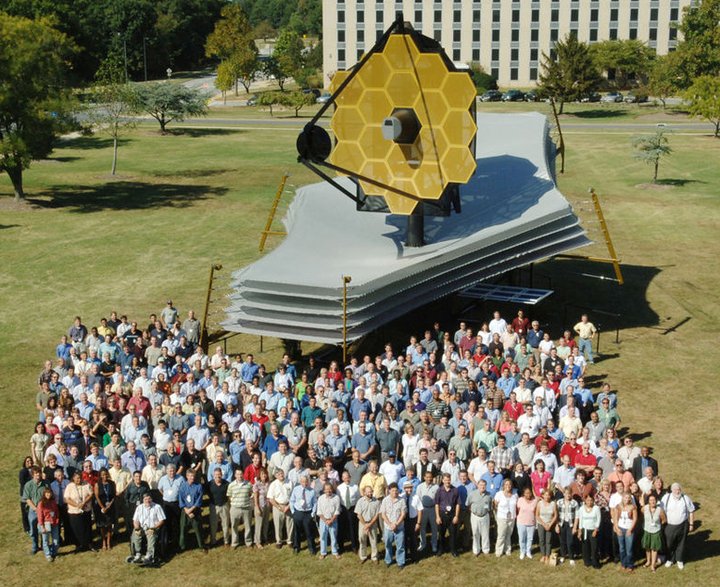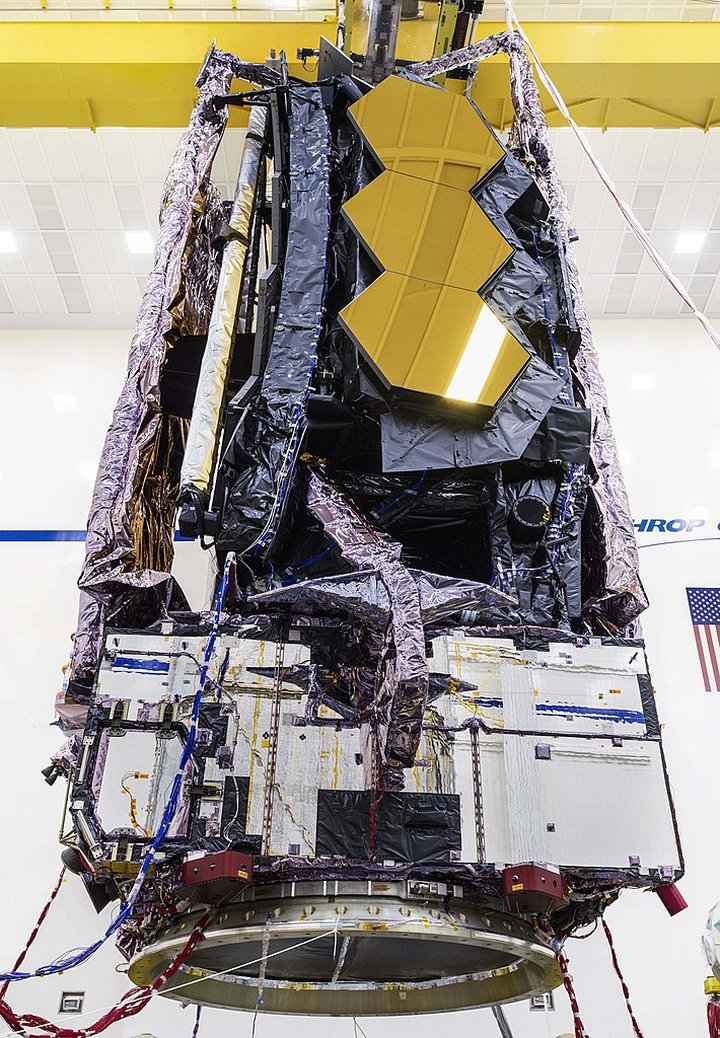“The first mistake is that saying that the universe had a
beginning is not the same as saying it popped into existence.”
(Cosmologist Sean Carroll, The Big Picture)
“Yeah, but what was there before the Big Bang?” I’ve been asked this more times than I’ve had hot dinners, as they say. It’s all very well proposing that the universe started from something unimaginably hot, dense and tiny and has been expanding ever since, but what did it start from? Reasonable questions: we live in a classic world, where one thing leads to another and everything has a cause, so what caused the Big Bang? Theologian William Lane Craig puts it in terms of a reasonable-sounding syllogism: (1) Whatever begins to exist has a cause; (2) The Universe begins to exist; (3) Therefore, the Universe had a cause.
Strike one for God. Skipping over the usual objections (What caused God? etc.), let’s try to get to the heart of the matter, which is time. If time is fundamental, that it just is and always has been (per Newton), then there was something before Big Bang, and something before that, and…ad infinitum. Eternity backwards and, presumably, forwards. In this way of thinking, the Big Bang was just a blip in something infinitely larger. If you like the idea of eternity, check out the (discredited) steady state theory, or eternal time-directed inflation, or the “Janus point” mirror universe (check out my column), or branching cyclic cosmology…there’s something for everyone. Now, I don’t know about you, but I find this wholly unsatisfying, the universe just cruising along endlessly with no beginning and no end. Surely we can do better.
And we can, simply (!) by considering time as emergent, that is, time was born as a consequence of the Big Bang. There was no “before” because there was no time. The universe didn’t just pop into existence, even though—according to Big Bang cosmology—it did have a definite beginning, about 13.8 billion years ago, and has been expanding ever since. Referring back to Sean Carroll’s point, “for something to pop into existence implies that at an earlier moment it was not there, and at a later moment it was.” But there was no earlier moment! You might say, “You mean there was nothing before the Big Bang?” which begs the question, “What is nothing?” Calling something “nothing” implies that “nothing” is “something.” We can talk about and even half-picture “nothing” as black and empty. Which is where our common-sense view of existence lets us down: nothing is not even nothing! As soon as we try to get a handle on it, it’s something.
The late Stephen Hawking, who spent much of his professional life contemplating these things, used to complain that asking What came before the Big Bang? is as unanswerable as What’s south of the South Pole? We have certain intuitions, based on our experience of life here on Earth, and one of those intuitions is that time flows from the past to the future, so we can’t imagine a scenario where time just starts, bang! (Big Bang.) For us, a universe without a beginning is as weird as a person without a navel. Yet this may simply be our collective lack of imagination: we want the Big Bang to have a cause because, dammit, everything has a cause. In classical physics, yes. In quantum physics, no. Just because the universe doesn’t accord with our (classical) experience doesn’t rule out an arbitrary beginning, along with that of time.

Looking back as far as we can: mock-up of the 21-foot diameter James Webb Space Telescope, five-layer sun shield below. The JWST will give astronomers their clearest view yet of the early universe. “Early” here means some 378,000 years after the Big Bang, before which the nascent universe was opaque. (Pat Izzo/NASA/Goddard Space Flight Center)

The actual telescope, folded origami-style before being loaded into its Ariadne 5 rocket. Launch is currently scheduled for October 2021.(NASA/Goddard Space Flight Center)
Another objection to the universe appearing ex nihilo (I’m desperately trying to avoid using the word “nothing”!) is that it’s full of stuff—that is energy, in one form or another (e.g. radiation and matter)—and always has been, right from the start. But that argument is a non-starter, because when cosmologists add up all the characteristic quantities of the universe, energy being the obvious one (momentum and charge are others), they seem to sum to zero. For instance, protons and electrons cancel each other out (hence zero charge) while energy, meanwhile, is cancelled out by “negative energy,” aka gravity. In general relativity, matter and radiation are thought of as positive energy, while the energy of the gravitational field (curvature of spacetime) is negative. According to the most recent estimates, the two energies, positive and negative, balance. Meaning that (quoting Carroll again) there seems to be no obstacle in principle to a universe like ours simply beginning to exist.
Note that all this blue-sky speculation doesn’t rule out the existence of God; rather, but it does make God unnecessary as far as the existence of the universe is concerned. In this way of thinking, the universe is, in the words of the late physicist Edward Tyron, “simply one of those things which happen from time to time.”
CLICK TO MANAGE